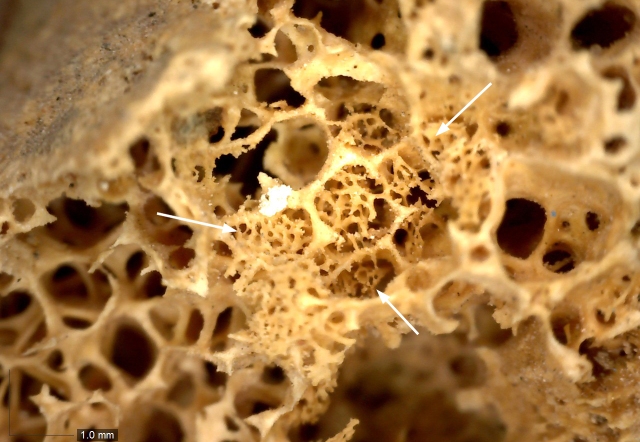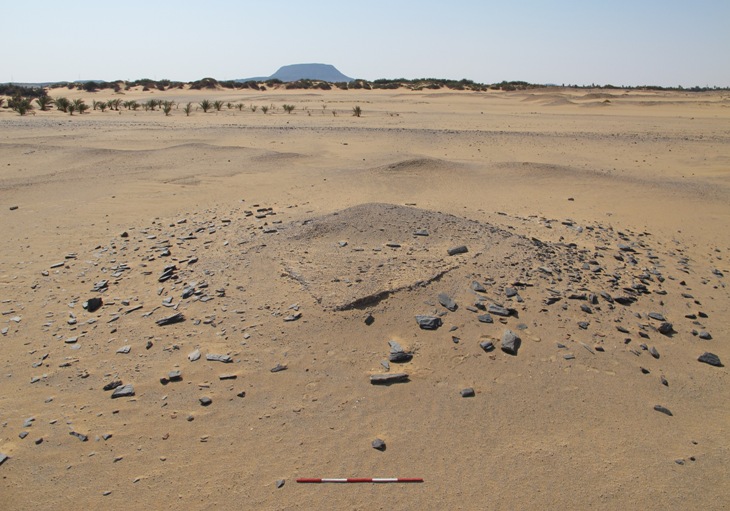Podcast: Play in new window
BOB HIRSHON (host):
Ancient bone cancer. I’m Bob Hirshon and this is Science Update.

In ancient times, most people died young, often succumbing to infectious disease. They didn’t live long enough to develop cancer. But researchers have now discovered a case of bone cancer in the skeleton of a man who lived during the time of the Pharaohs. Durham University archaeologist Michaela Binder led the investigation.
MICHAELA BINDER (Durham University):
This is the earliest example where we have cancer spreading from an organ to the skeleton, causing these little tumors in the bone.
HIRSHON:
Binder says the man was between 25 and 35 when he died 3,200 years ago in what is now northern Sudan. There’s no way to know what caused his cancer, but she thinks genetics, parasitic disease, and even carcinogenic woodsmoke from cooking could have played a role.
BINDER:
Finding cancer in archaeological remains helps us to understand the history of cancer, and this could be important for medical research.
HIRSHON:
I’m Bob Hirshon, for AAAS, the science society.

